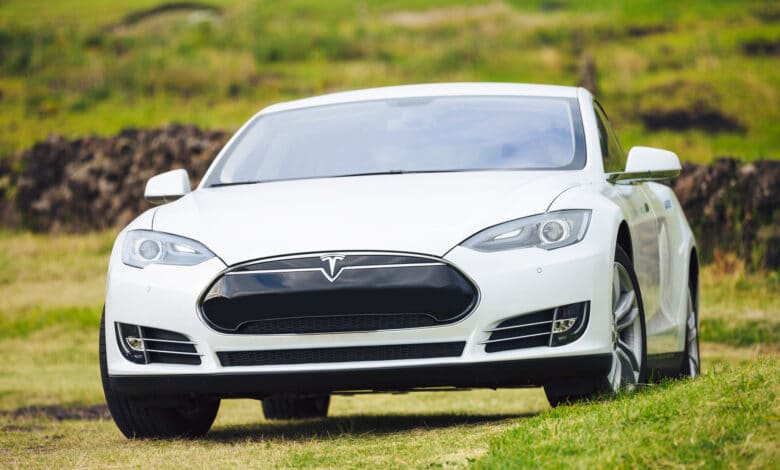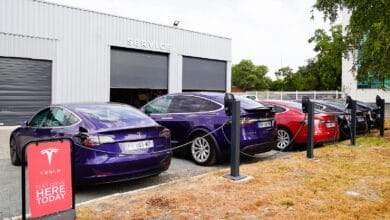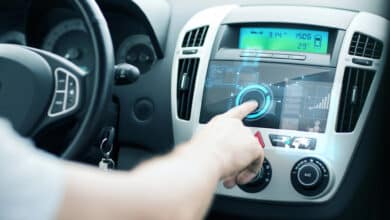
Once again, U.S. carmaker Tesla is in the sights of the consumer association. The federal association has filed a lawsuit against Tesla at the Berlin Regional Court. Specifically, it is about data protection in the guard mode, as well as misleading advertising claims about the CO2 savings of the vehicles.
Central Consumer Association sues Tesla
Tesla is once again facing legal action in Germany. Specifically, the Federation of German Consumer Organizations (vzbv) has sued Elon Musk’s company in two cases. On the one hand, it is about data protection in the so-called guard mode of Tesla vehicles.
This function allows the use of cameras to “detect suspicious movements and react to them according to the severity of the threat.” If activities classified by the car as a significant threat are detected accordingly, the cameras start recording independently while the vehicle activates the alarm system.
For the vzbv, it is clear that the guard mode violates data protection. However, according to Heiko Dünkel, head of the legal enforcement team at the vzbv, indications that it is practically impossible to use the system in a way that complies with data protection laws are being concealed.
“Users would have to obtain consent for the processing of personal data from passers-by who happen to walk by the car,” says Dünkel. Much more: Whoever uses the function violates the applicable data protection law and thus even risks a fine.
“The fact that the guard mode was approved despite massive data protection deficiencies points to gaps in the approval procedures for automated driving functions,” continues Marion Jungbluth, head of the vzbv’s Mobility and Travel Team.
Misleading advertising on CO2 savings
With the second complaint against Tesla it concerns concretely misleading advertisement to the CO2-Ersparnis with the purchase of an appropriate electric car. Tesla advertises the Model 3 vehicle on the Internet with CO2 emissions of “0 g/km”.
In combination with other advertising statements (“The Tesla credo: The faster we overcome our dependence on fossil fuels and realize an emission-free future the better”), buyers of a Tesla 3 assumed, according to the vzbv, that by purchasing the vehicle, CO2 emissions from passenger cars would be reduced overall.
In reality, however, the CO2 savings from the use of a Tesla vehicle would be additionally emitted by vehicles from other manufacturers, while Tesla itself would earn additional money from it. Tesla said it earned $1.6 billion in 2020 alone from the sale of “emission credits.”
These emission credits allow other manufacturers to exceed CO2 limits given to them without negative consequences. The only reference to this procedure that Tesla provides to buyers is only to be found on page 30 of the environmental impact report, which is written in English, but can only be downloaded from the Internet.
The vzbv had already warned Tesla in December 2021 and obtained a partial cease-and-desist declaration for various clauses in the company’s privacy policy, and now they have filed a lawsuit in the two cases mentioned.
After there was recently good news about Tesla from the Gigafactory Grünheide in the form of salary increases, gray clouds are now gathering again over the sky of the car manufacturer.




No replies yet
Neue Antworten laden...
Gehört zum Inventar
Beteilige dich an der Diskussion in der Basic Tutorials Community →